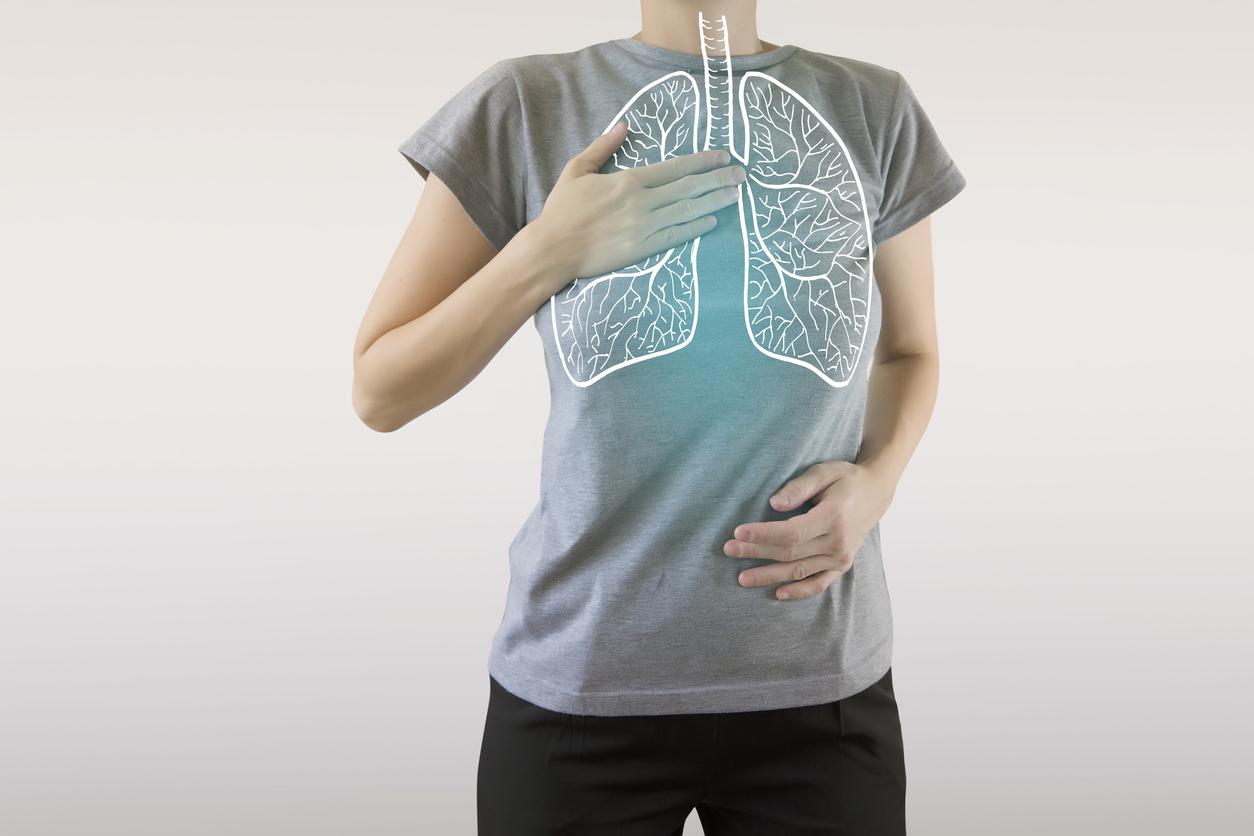When the thermometer panics, the air conditioner provides appreciable comfort and limits fatigue. It is beneficial in terms of health, when we do not support the hot weather: because of cardiovascular disorders for example, for the more fragile elderly (we saw the damage of the heat wave in 2003).
But be careful not to push it too much, with too cold air … “A big difference in temperature with the outside air is not desirable: it is advisable not to go beyond 4 or 5 ° C. of difference. Otherwise, there is a risk of thermal shock, ”says Dr Squinazi.
Typical sign: we shiver when we enter the air-conditioned room. The body reacts to defend itself against the cold. And bacteria, which we naturally have in the throat or nose, can take advantage of this to develop, especially as the dry air of the air conditioning weakens the mucous membranes. This is how you can end up with a cold or a sore throat in the middle of summer! On the other hand, it is essential to maintain your air conditioning well so that it does not become a nest for germs and does not degrade the air. “You have to clean the filters that get clogged with dust. Dust that will be blown into the air, with allergens, bacteria or fungi. The air conditioning also produces condensation of water which flows into a small tank: it must be emptied and cleaned regularly to prevent bacteria or mold from being released into the atmosphere. In the absence of these precautions, the air conditioning can become harmful, ”continues the specialist.
Is ventilation through grilles effective?
This so-called natural ventilation no longer exists except in old dwellings which do not have a ventilation system by air ducts. Air circulation in the room is via high and low ventilation grilles. They are usually located in damp rooms such as bathrooms and kitchens.
“This type of ventilation circulates the air with a very variable efficiency, and most often not very high. Ventilation by opening the openings (doors and windows) also ensures limited air renewal. So that, ideally, if you are at home, you should open the windows for 10 minutes every 3 hours to renew the air. Or if you are away during the day, open long enough morning and evening, ”advises Dr Squinazi.
Natural ventilation through exhaust ductsair, which exists in old buildings, works by thermal draft, the efficiency of which depends on weather conditions (wind, outside temperature). The above advice on more frequent ventilation also applies in this case!
Warning !
For this ventilation to have a minimum of efficiency, it is also necessary to never caulk the grilles, as some people do in winter; do not hide them behind furniture or upholstery, and clean them at least once a year to remove dust which may partially obstruct them.
Is mechanical ventilation more efficient?
Electrical system, controlled mechanical ventilation or VMC is equipped with one or two motors. It allows a continuous renewal of the air in the home, and eliminates odors, humidity and pollution generated inside. But it is nevertheless advisable, even with this equipment, to complete the renewal of the air by opening the windows, in each room, 10 minutes morning and evening.
With this mechanical system, the air from the outside enters the home through the air inlets of the so-called dry rooms (living room, bedrooms), before being expelled outside through the exhaust vents of the wet rooms. . The so-called double-flow CMVs (two engines) are more efficient: they bring in the outside air thanks to a motor, include filters to trap outside pollutants and a heat exchanger to recover the heat from the home (no heat loss ). Today, we can even offer you an air purification system inside double flow ventilation systems to treat pollution.
No doubt, the CMV is a plus for healthier air. But for it to be effective, it must operate continuously, 24 hours a day. Also ensure that it operates correctly by following the maintenance instructions delivered with each device (clean the components, the extraction vents to remove dust. about once a quarter …). And have the installation checked by a specialist every 3 years, or if a problem is suspected (abnormal noise for example).















